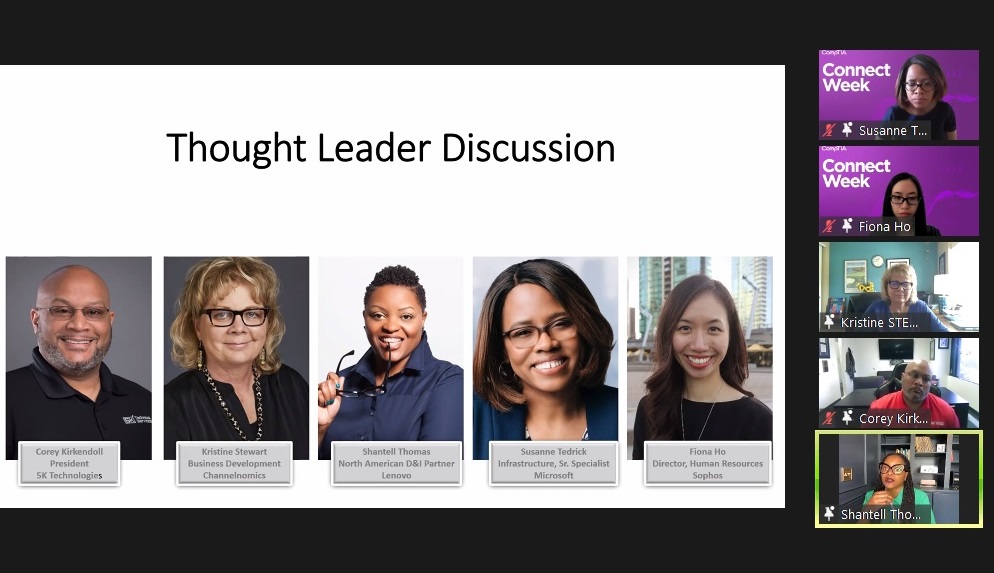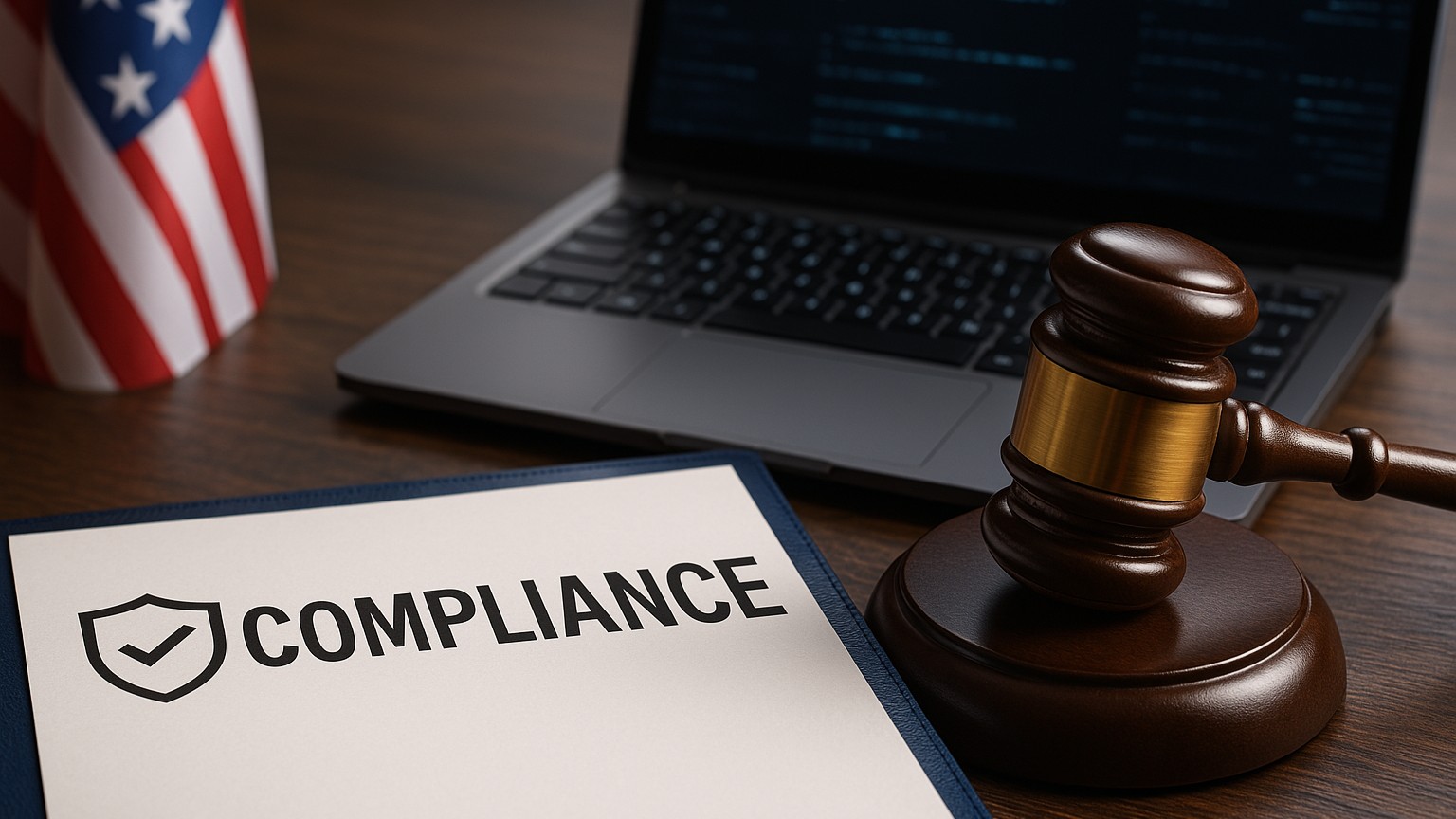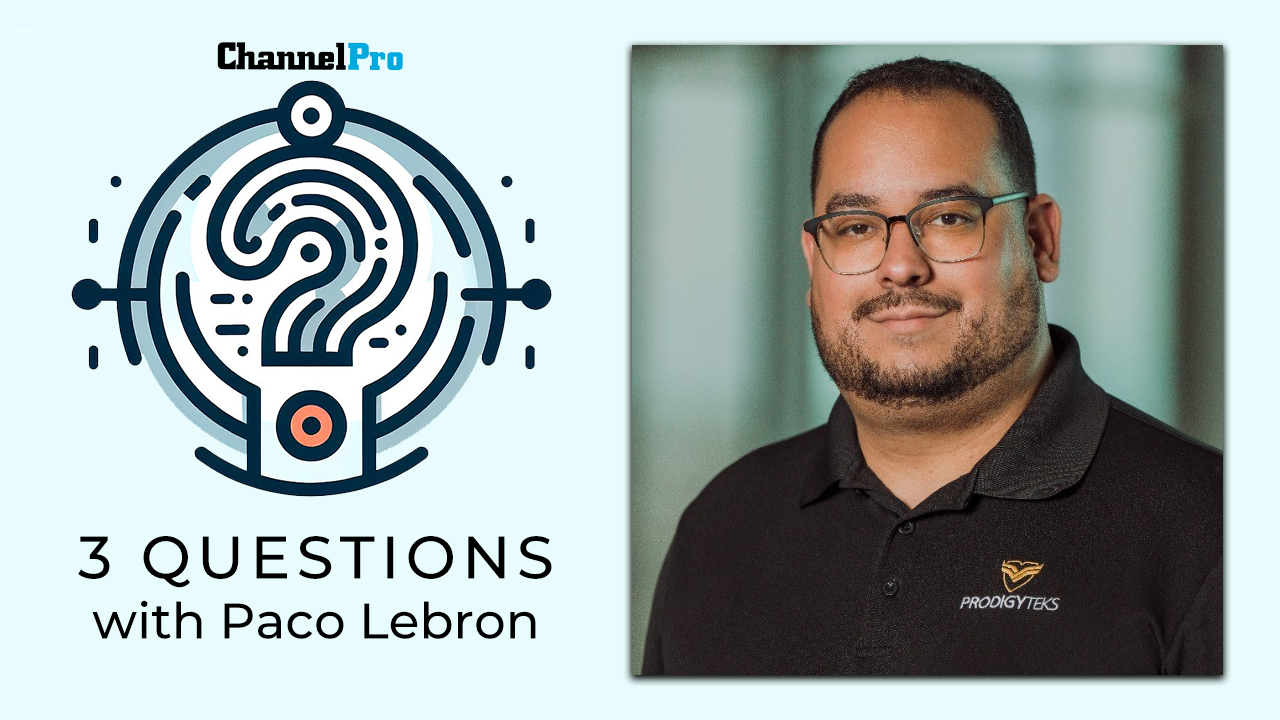At the recent CompTIA Advancing Tech Talent and Diversity and Canadian Business Technology Community Meetings on May 26, a panel discussion on diversity, equity, and inclusion (DEI) in the tech industry reflected on ongoing initiatives, the impact of the past year’s events, and how to build in sustainability for long-term success.
Being very public about a commitment to DEI is one way to ensure sustainability, according to Shantell Thomas, North America D&I partner at Lenovo, which in 2017 published a diversity report with stated goals for increasing the number of women and minorities in leadershp roles. “I think that that was probably the one thing that set us towards the goal of sustainability,” said Thomas, adding that it “allowed us to see company-wide how important D&I was.”
Three years into the initiative now, “I’m glad to say … we met those goals that we set out to deliver,” she added. Although Lenovo’s DEI efforts had started well before the social unrest of 2020 triggered by the death of George Floyd, those events did hasten the work, she acknowledges. In addition, she says events of the past year made it clear that DEI is important to all parts of the business, and Lenovo is working to align DEI with its environmental, social, and governance (ESG) goals, and in doing so making clear that DEI is not just a moral imperative but a business imperative.
Suzanne Tedrick, infrastructure senior specialist at Microsoft, said the death of George Floyd forced people “to ask themselves some very hard questions about how do we move forward. How do we ensure that we’re addressing the systemic injustices that perpetuate these things happening? Not so much from a law enforcement standpoint, but looking at diversity within the technology industry.”
Tedrick said when senior leadership at Microsoft stated steps they were going to take around DEI, her group pressed them on how those efforts would be measured and the time frame. “We didn’t have it as a single conversation. It was a persistent, constant one, and … really holding senior leadership accountable for making real change.”
In addition to pledging to take action, technology companies should actually leverage technology, specifically business intelligence tools, to help achieve DEI goals, Thomas said. BI tools can “really help us kind of uncover the gaps and they help us really see, before we even realize, some of the challenges that are before us.”
She noted that BI and AI tools can help with removing biases from the recruiting and hiring process, “so that we can try to dig down into the talent that we need for these roles, rather than focusing on the things that have absolutely nothing to do with whether or not this person will be successful.” Plus, she adds, “We’re a technology industry, right? If we can’t take advantage of technology, it would be a pretty sad day.”
Widening the talent search by looking in nontraditional areas also helps with building a diverse workforce, said Corey Kirkendoll, president of 5K Technical Services, in Plano, Texas. He suggests recruiting at community colleges, historically black colleges and universities (HBCUs), and professional organizations like the National Society of Black Engineers, the Society of Hispanic Professional Engineers, and the Society of Women Engineers.
Other good souces for diverse talent include technology academies, boot camps, and military veteran organizations that work with individuals who are transitioning to civilian service, said Fiona Ho, director of human resources at Sophos.
But don’t stop with just recruiting from these resources, Kirkendoll said. Get involved by sitting on the board, participating in career fairs, and being a mentor, he advised.
Hring for diversity requires being intentional about creating opportunities within the company for nontraditional candidates and developing partnerships with different organizations to engage with potential applicants, Ho added, “whether they’re internships or short-term roles and make sure you’ve got training programs within the company to help support these individuals. … We even looked at working with high school students and introducing them to STEM and security and letting them know that cybersecurity technology is a very, very attractive career path.”
Once a company hires diverse candidates, investing in their growth is a critical next step, Ho said, along with making sure the culture is inclusive. “You’re bringing in all these individuals who are going to be more representative of the communities that we’re working in, but do they actually feel included and do they belong? We need to make sure that … the systems and the programs that we have in place truly support these individuals in their career development and mitigating any unconscious biases that may come into play as people progress in their careers.”
Sophos, for instance, created eight different employee resource groups (ERGs) this past year “to provide a voice for our employees and to help build community right within the company,” Ho explained. “It really wasn’t enough to just have the leadership talk about what we want to be doing and the change that we want to have in the company.” By giving employees a platform to make their ideas heard around DEI initiatives, people felt included, she explained.
Overall, the workforce is changing, said Thomas, adding that the events of 2020 were instrumental in moving DEI from the realm of diversity managers to a company-wide responsibility. “Everyone has taken on the mantle of doing some type of D&I work.”
Moreover, she added, it’s becoming part of doing business. She noted that RFPs are starting to include questions on an organization’s DEI practices. “So companies are making decisions on who to work with based upon the fact that we’re checking some of those really standardized practice that say that we are committed to diversity and inclusion work.”
Kirkendoll, in fact, says 5K is realigning its vendor partners based on if they have a diversity plan in place. “Therefore, if you don’t have a plan, you probably won’t be a vendor of ours. And I think you are going to see a lot more of that. So it’s definitely tied to the bottom line.”
Going forward, Kirkendoll says, organizations will have to adopt DEI practices and adapt to them “because I think it’s going to truly make you and the bottom line and the business a better place.”














